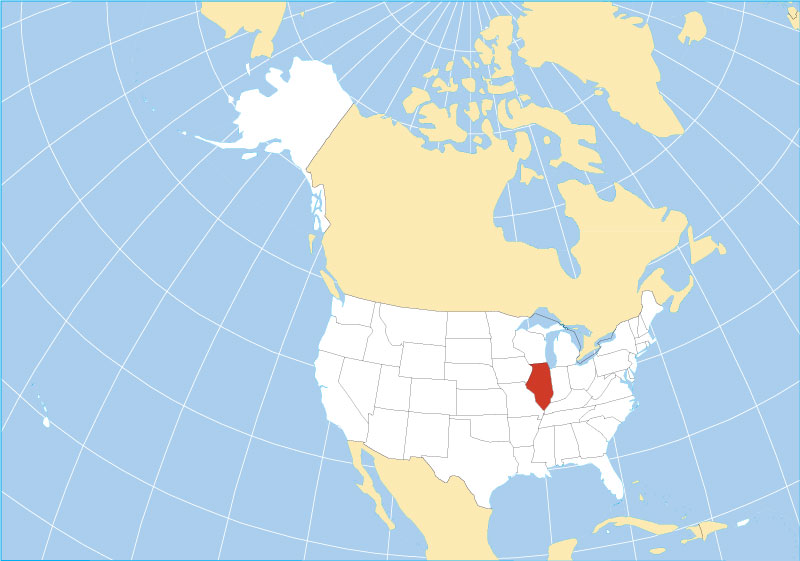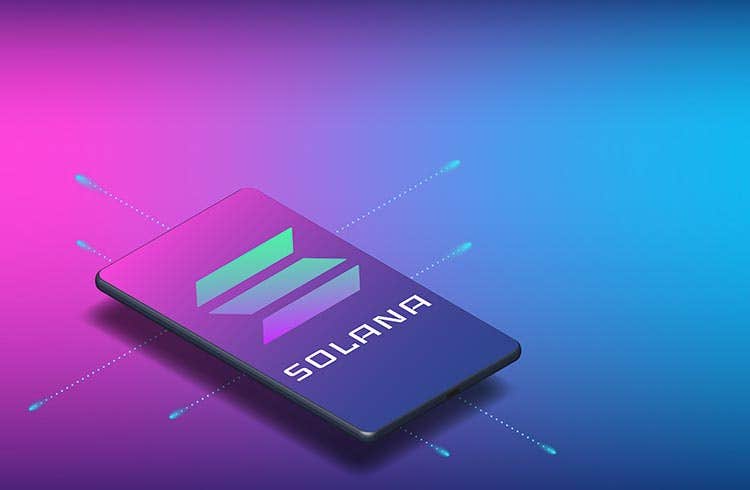[ad_1]
VPN (virtual private network) is a group of computers that have been networked together over a public network. VPN comes with many benefits. One of the benefits is that the connection allows you and your employees to easily share documents from remote locations.
VPN also protects you from hackers. Since you will be hiding your IP address behind a private network, hackers can’t reach you-they can only reach the host computer leaving you free of trouble.
While VPN is a great connection to have, you need to be careful when choosing your VPN provider. To guide you through, here are some of the factors that you should consider when making your choice:
Protocol
Different VPN providers use different protocols. Some of the most popular protocols are: OpenVPN, PPTP, IPsec, and L2TP. Before you buy from a provider you need to do your research and find the protocol that the provider uses.
You should avoid a provider using PPTP as it’s outdated and uses very weak encryption. It has also been found to have security issues.
IPsec is much better than PPTP; however, it lacks speed. You can also easily find its security audits when you use other protocols such as OpenVPN.
To be on the safe side you should go with a provider using OpenVPN. In addition to this protocol being always updated, it also provides you with optimum security. You are also able to share files at very high speeds.
Concurrent Connections
While you might think that you need only one connection especially when you are a small business, you need to think about what will happen when you have a number of businesses that need to be connected. You also need to think of what would happen if you wanted to configure multiple devices to different exit nodes.
To avoid additional costs in the future, you should go with a provider who provides VPN service that offers at least three concurrent connections.
Logging
When you log into a VPN service you are entrusting your provider with your private information. Most VPN providers make it clear that they aren’t interested in log in information and they don’t store it.
There are a few providers who keep the information for a few minutes or hours in order to facilitate maintenance and ensure that the entire system is working smoothly.
For your data to be secure, you should carefully read the logging policies and only go for a provider offering zero logging.

















